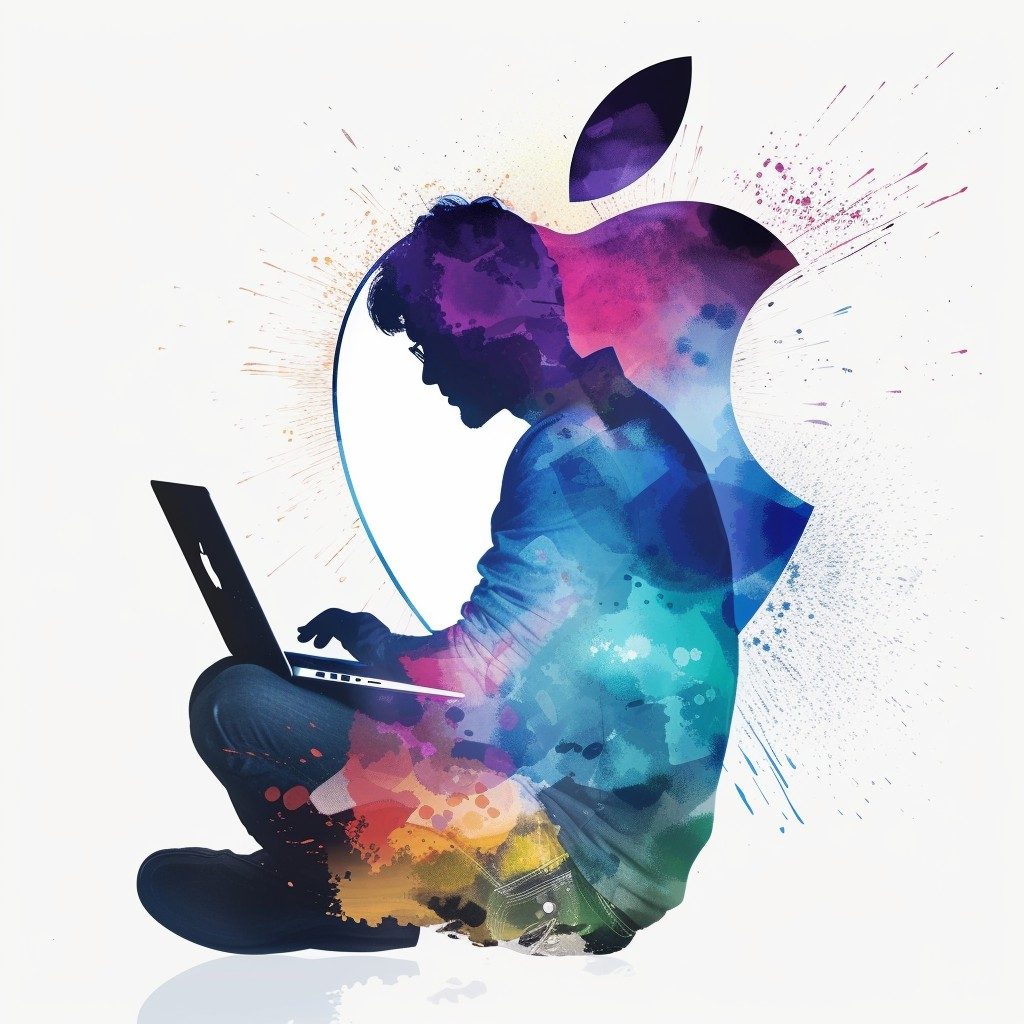The Authors Guild, a prominent organization representing writers in the United States, has initiated a class-action lawsuit against OpenAI, a leader in artificial intelligence (AI) development. The lawsuit alleges that OpenAI violated copyright laws in the training of its generative AI model, ChatGPT. The Authors Guild, which filed the lawsuit on September 19, is seeking damages for what it calls “flagrant and harmful infringement” by OpenAI. Leading fiction writers, including John Grisham, George R.R. Martin, Jodi Picoult, and David Baldacci, are among the plaintiffs in this legal action.
Allegations of unauthorized use of copyrighted material
According to the Authors Guild and the plaintiffs, OpenAI employed existing books to train its ChatGPT AI model without obtaining the express consent or permission of the copyright owners. The purpose of the lawsuit, as stated by the authors, is not to hinder AI development but to seek compensation for the “unpermitted use of the authors’ copyrighted works.” The Authors Guild alleges that OpenAI’s actions amount to “systematic theft on a mass scale” and claim that OpenAI may have sourced authors’ books from pirated ebook websites.
The call for licensing fees and public domain material
The Authors Guild argues that OpenAI should have either paid a reasonable licensing fee to use copyrighted works or chosen to train its models with materials already in the public domain. They assert that without the copyrighted works of the plaintiffs and the proposed class, OpenAI’s commercial product would be substantially different.
The Authors Guild raises concerns that the indiscriminate use of copyrighted material in training AI models poses a significant risk to the entire literary sector. They specifically note that the rise of generative AI could adversely impact the income of fiction writers. It is feared that bad actors might leverage ChatGPT to create works imitating established authors.
The capabilities of ChatGPT
ChatGPT has demonstrated its ability to emulate human authors’ sentence structures, voices, and storytelling skills, thanks to the vast amount of data used to train the model. Although this class-action lawsuit primarily targets fiction writers, the Authors Guild believes that a favorable outcome would benefit authors in various genres.
In response to these concerns, the Authors Guild encourages writers to take preemptive steps to safeguard their work from being used in AI model training. They suggest including notices on the copyright pages of books, explicitly indicating restrictions on AI use. Additionally, writers are advised to utilize tools that can prevent unauthorized crawling and scraping of their text by AI developers.
Copyright issues in the AI landscape
The issue of copyright infringement has been a recurring challenge within the AI ecosystem, with individuals taking tech giants to court over alleged violations. Notably, U.S. comedian and writer Sarah Silverman filed a claim against Meta and OpenAI in July, accusing them of copyright infringements. Google has also faced its share of copyright-related legal challenges.
To address these copyright concerns, the U.S. Copyright Office has initiated a public consultation process and is committed to engaging key stakeholders, including AI developers, copyright holders, and consumer groups. This move reflects the office’s dedication to exploring the impact of innovative technology on intellectual property rights, including the effects of non-fungible tokens (NFTs) on copyrights, as studied in 2022.
The Authors Guild’s class-action lawsuit against OpenAI underscores the growing importance of copyright issues in the evolving field of AI development. While AI has brought about transformative capabilities, it has also raised significant legal and ethical questions. The lawsuit against OpenAI serves as a reminder that as AI technology advances, it must navigate the complexities of intellectual property rights and respect the creative works of authors. This legal action could potentially have broader implications for the AI industry and its engagement with copyrighted content.





